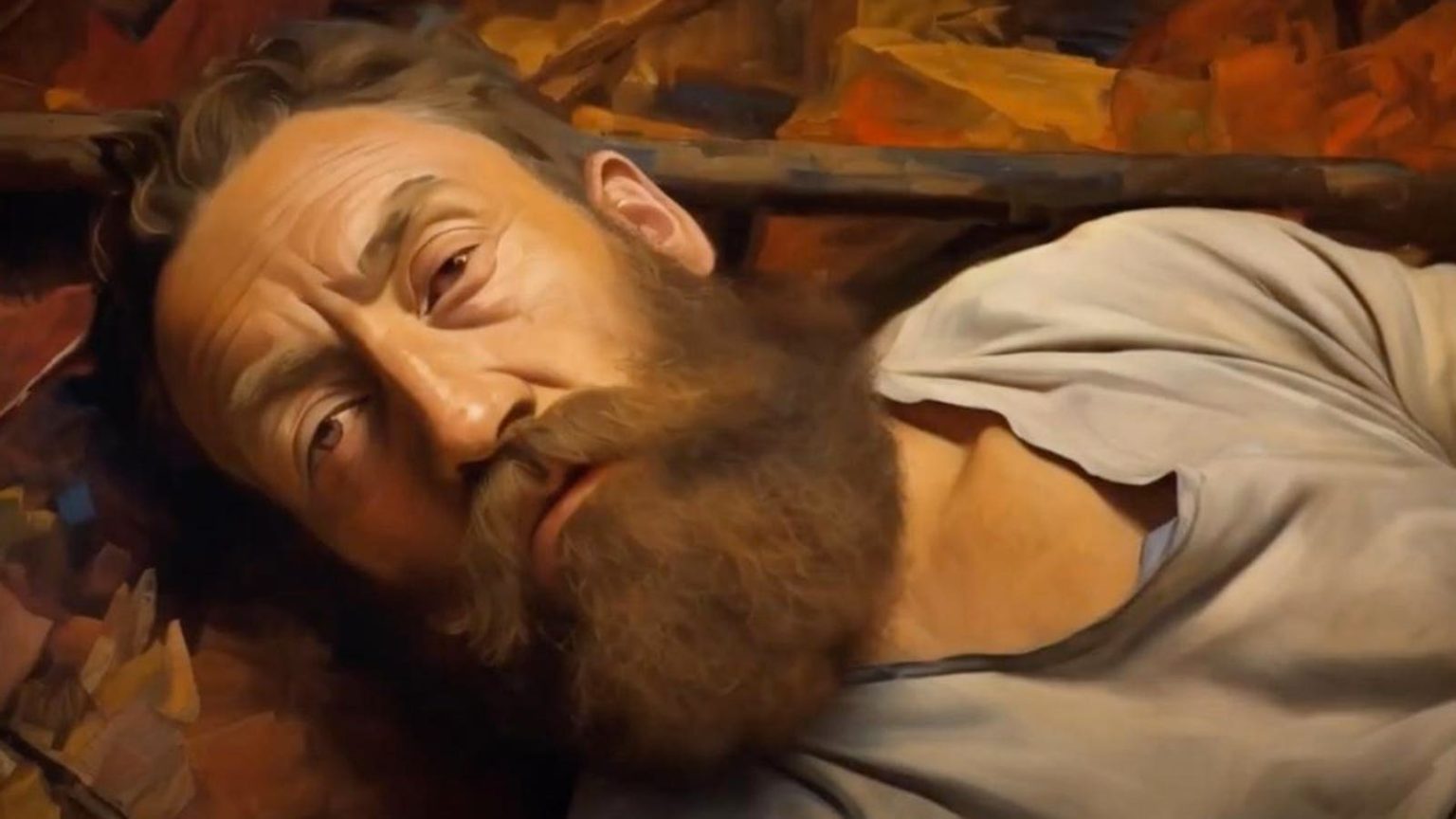The winners of the second annual AI Film Festival, sponsored by AI-video startup Runway, showcased a variety of surreal short films that utilized AI-powered tools during their creation. Daniel Antebi’s film, Get Me Out, took the grand prize with its haunting depiction of a man trying to escape from a shadowy house that is a manifestation of his haunting memories. Antebi used AI to create hallucinatory effects that captured the character’s internal state, showcasing the potential of AI in filmmaking.
Runway received around 3,000 submissions for the festival, which included films from artists around the world. The festival winners were announced at an opening event in Los Angeles, where artists and industry professionals gathered to celebrate the use of AI in filmmaking. Some artists have raised concerns about the implications of using AI in creative processes, but others like Samuel Schrag see the potential for AI to innovate the storytelling process and help overcome geographical restrictions.
Schrag’s film, Pounamu, follows a kiwi bird in a dreamlike nightscape, exploring themes of migration and perseverance. The film’s title is inspired by a Māori proverb and serves as a metaphor for something essential or meaningful sourced from one’s heart. Schrag, a New Zealand native, sees tremendous potential for AI to bridge the gap between traditional and digital art forms, opening up new possibilities for artists and creators.
Other winning films, such as Where Do Grandmas Go When They Get Lost? by Léo Cannone, and Lapse by YZA Voku, also showcased the emotional and poetic storytelling that can be achieved with the help of AI. Runway’s co-founder and CEO, Cristóbal Valenzuela, emphasizes the importance of human creativity in utilizing AI tools in art, highlighting that artists have the freedom to choose how to incorporate AI in their creative process. The film festival’s winners represent a diverse range of storytelling styles and techniques, all enhanced by the use of AI-powered tools.
Despite concerns about the implications of fast-iterating generative AI on the creative process, artists like Daniel Antebi believe that embracing AI tools is essential for the evolution of art and storytelling. Antebi acknowledges the potential challenges of relying too heavily on AI for problem-solving but emphasizes that denying the use of creative AI tools is not the solution. Moving forward, artists are excited about the opportunities that AI presents to push the boundaries of traditional art forms and create innovative and compelling stories. The AI Film Festival represents a new frontier in the intersection of technology and art, showcasing the endless possibilities of AI in the creative process.













